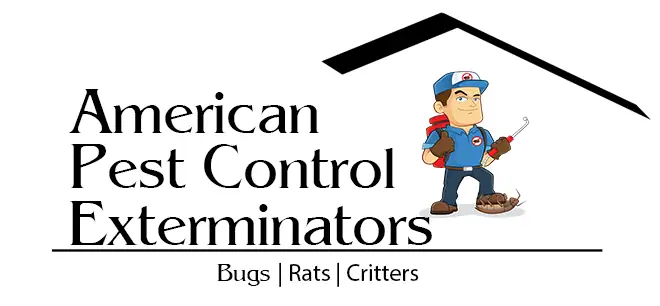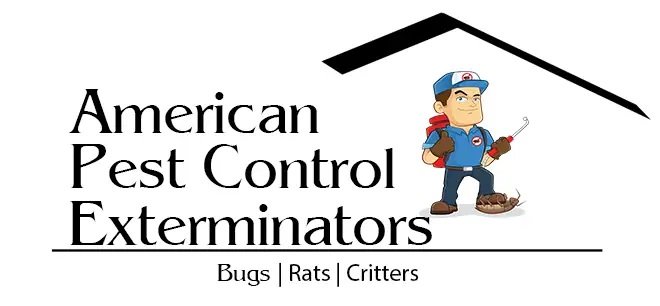
The Health Risks Associated with Rodent Infestations and How to Protect Your Family
A rodent infestation can be one of the most unpleasant experiences a homeowner may ever have to deal with. Not only are they destructive, but they also pose serious health risks to you and your family. Rodents carry viruses, bacteria, and parasites that can cause an array of harmful illnesses and diseases. In this blog post, we will discuss the dangers associated with rodent infestations and what you can do to protect your family from them. We’ll cover the warning signs, potential diseases, and ways to prevent these pests from entering your home in the first place.
What are the health risks associated with rodent infestations?
One of the biggest health risks associated with rodents is the spread of diseases. Rodents can carry a number of diseases that are harmful to humans, including Salmonella, Hantavirus, and Plague. These diseases can be spread to humans through contact with rodent urine, droppings, or saliva, or by inhaling airborne particles from these substances.
Rodents can also cause other health problems for humans. Their sharp teeth can damage property and their constant gnawing can create fire hazards. In addition, their presence can lead to flea and tick infestations, which can transmit other diseases to humans and pets.
The best way to protect your family from the health risks associated with rodents is to prevent them from entering your home in the first place. Seal up any cracks or holes on the outside of your home that could serve as entry points. Keep food stored in airtight containers and clean up any crumbs or spills right away. And if you do spot a rodent in your home, call a professional pest control company immediately to have it removed safely and efficiently.
What are some of the symptoms of exposure to rodents?
There are a number of symptoms that may occur in people who have been exposed to rodents, either through direct contact or indirectly through contact with rodent droppings. These symptoms can range from mild to severe, and include:
1. Respiratory problems: Rodents can carry a number of respiratory diseases, including hantavirus and tularemia. These diseases can be spread to humans through contact with rodent droppings, saliva, or urine. Symptoms of respiratory illness caused by exposure to rodents may include fever, chills, body aches, coughing, and difficulty breathing.
2. Gastrointestinal problems: Exposure to rodents can also cause gastrointestinal illness, including food poisoning. Symptoms of gastrointestinal illness may include nausea, vomiting, diarrhea, and abdominal cramps.
3. Skin problems: Contact with rodents can cause a number of skin problems, including rashes and itchiness. In some cases, exposure to rodents can also lead to more serious skin infections.
4. Allergic reactions: Some people may have an allergic reaction to rodents, which can be manifested as itching, swelling, or difficulty breathing. In severe cases, anaphylactic shock may occur.
5. Mental health problems: Exposure to rodents can also cause a number of mental health problems, including anxiety, depression, and post-traumatic stress disorder (PTSD).
6. Disease transmission: Rodents can carry a number of diseases, including plague, rabies, and leptospirosis. These diseases can be spread to humans through contact with rodent droppings, saliva, or urine.
7. Infectious organisms: Rodents are known to carry a number of infectious organisms, including bacteria, viruses, and parasites. These organisms can be transmitted to humans through contact with rodent droppings, saliva, or urine.
The best way to prevent exposure to rodents is to reduce the risk of rodent infestation in and around your home. This can be done by eliminating any food sources, sealing off potential entry points into the home, and regularly cleaning and maintaining areas where rodents may live or hide.
How can you protect your family from exposure to rodents?
There are a few things you can do to protect your family from exposure to rodents:
1. Keep your food and trash securely stored away from rodents.
2. Seal up any cracks or holes in your home that might provide access for rodents.
3. Regularly clean and disinfect areas where rodents may have been present.
4. If you suspect you have a rodent infestation, call a professional pest control company for assistance.
What should you do if you think you have a rodent infestation?
If you think you have a rodent infestation, the first thing you should do is call a professional pest control company. They will be able to inspect your home and find out if you really do have an infestation. If you do, they will be able to get rid of the rodents for you.
In the meantime, there are some things you can do to try and keep the rodents away. Make sure all of your food is sealed up tight in containers and that there is no food left out on counters or tables. Store all food in the fridge or freezer if possible. Keep your trash can lid closed and empty it often.
Finally, try to seal up any cracks or holes in your home that rodents could use to get inside. This may involve caulking around windows and doors or using steel wool to fill in holes in walls. If you can’t seem to get rid of the rodents yourself, call a professional pest control company as soon as possible.
Conclusion
Rodent infestations are a serious health hazard to you and your family. The best way to protect yourself from their harmful effects is by preventing them with regular housekeeping and pest control measures. But if you do find rodents in your home, it’s important to take the necessary steps to remove them as soon as possible. With these tips at hand, you can keep your home free of rodent infestations for good and ensure that everyone in your family is safe and healthy.

